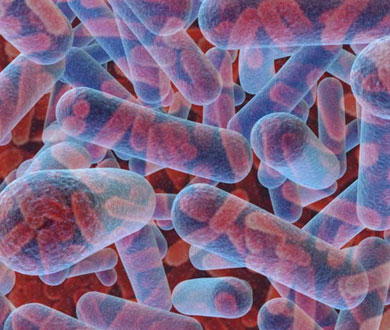
25 Nov Antibacterial and prebiotic effects
Spirulina contains a large variety of micromolecular and macromolecular constituents which express antibacterial activity against a variet of pathogenic microorganisms such as Bacillus subtilis, Streptococcus aureus, Streptococcus faecalis, Staphylococcus epidermidis, Candida albicans, Pseudomonas aeruginosa Salmonella typhinurium, Mycobacterium smegmatis and E.coli. Spirulina biomolecules with antimicrocrobial activity-include several volatile components and fatty acids (**27).
Prebiotics are non-digestible food ingredients that stimulate the growth or activity of bacteria in the digestive system which are beneficial to the health of the body. In this respect it has been found that Spirulina biomass increase the rate of in vitro development of several strains of microorganisms present in fermented dairy products (Lactococcus, Lactobacillus, Streptococcus, Bifidobacterium) and in parallel it expesses beneficial effect on their survival. Moreover, it has been demonstrated that Lactobacillus population in the human gastrointestinal tract is increased by Spirulina consumption (**27, **29).
(**) Literature on the subject



